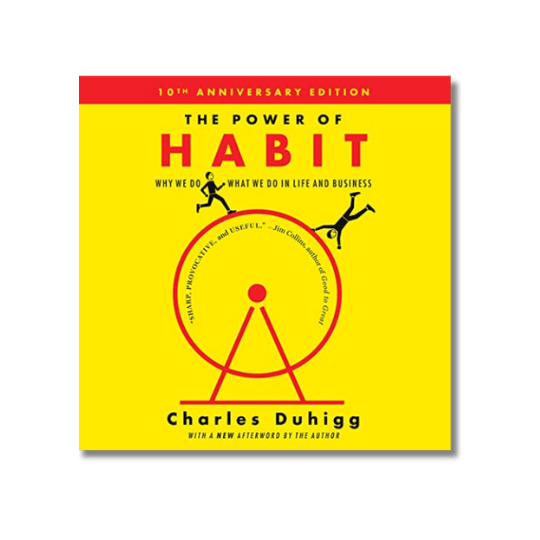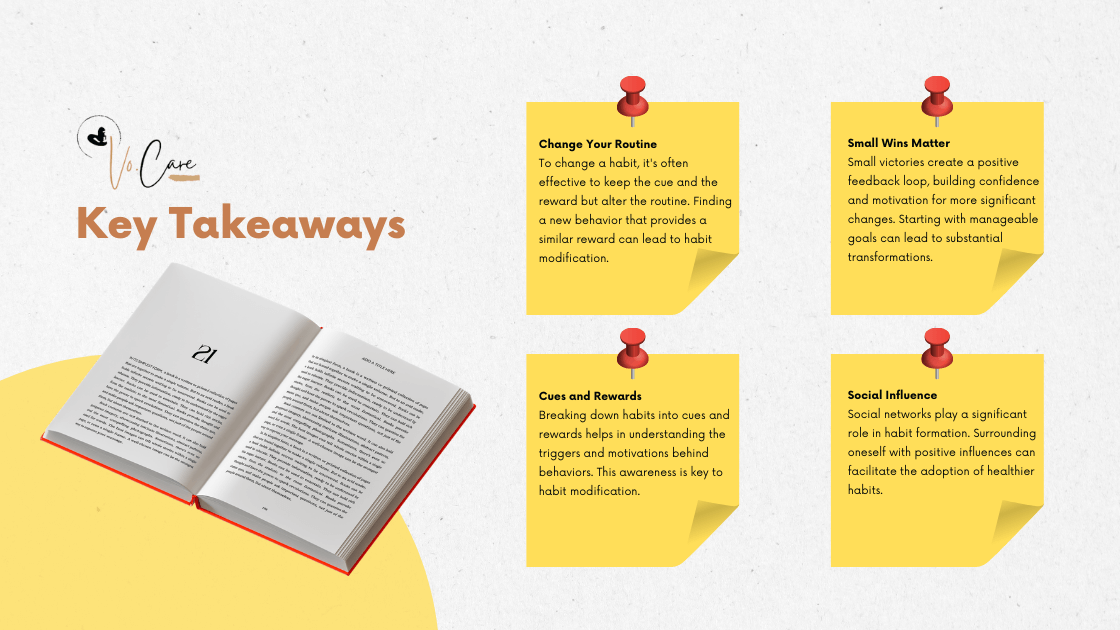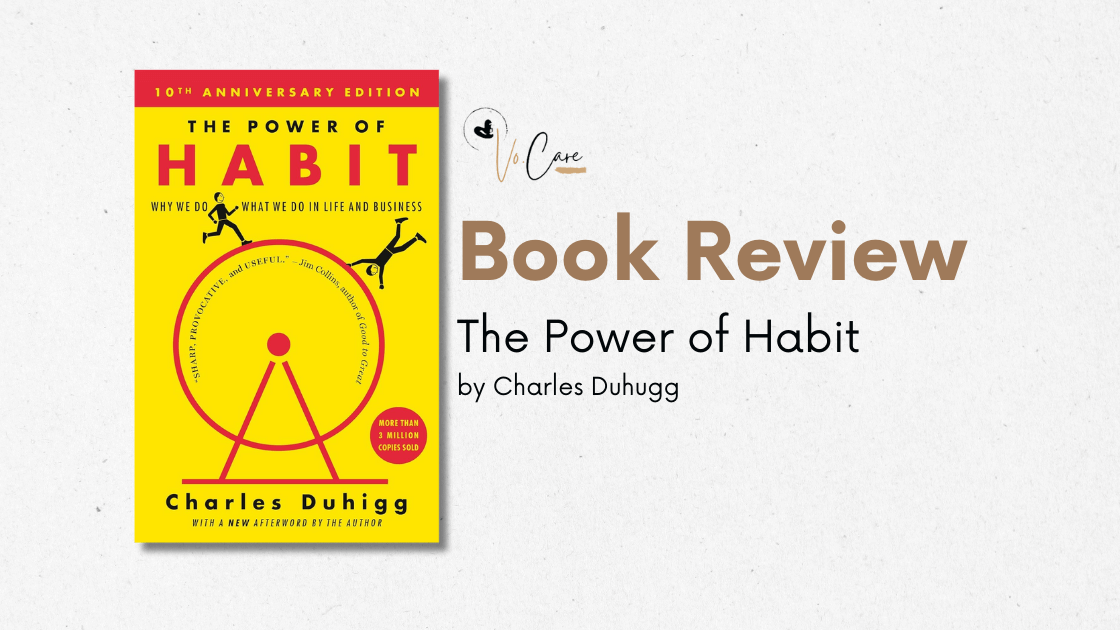TL;DR “The Power of Habit” by Charles Duhigg explores the habit loop – cue, routine, reward – revealing why we do what we do. It simplifies complex neurological processes, using real-life examples like Angie Bachmann’s gambling addiction. Duhigg emphasizes the power of small wins and extends insights to business and organizational implications. The book offers practical guidance for recognizing and changing habits, making it a recommended read for understanding behavior and initiating positive changes.

“The Golden Rule of Habit Change: You can’t extinguish a bad habit, you can only change it.”
“The Power of Habit” by Charles Duhigg is a fascinating book that explores why we do what we do every day. It introduces a simple idea called the habit loop, which is like a three-step process: cue, routine, and reward. The author explains how our brains work regarding habits and shares stories about people who successfully changed their habits and companies that have used habit patterns to inform their marketing and product strategies.
It’s filled with real-life examples that show how habits can impact our lives, communities, and even businesses. Today, I’m sharing key takeaways from the book and why I highly recommend adding it to your reading list.
Neurological Insights Made Simple
One of the strengths of the book is its ability to explain complex neurological processes in an easy-to-understand way. Duhigg makes brain science accessible, helping you easily grasp how habits are formed and maintained.
Duhigg introduces the concept of the habit loop, consisting of three components: cue, routine, and reward. He explains that the cue is like a trigger that kicks off the habit, the routine is the behavior itself, and the reward is the positive outcome that reinforces the habit loop.
Real-Life Examples Sighted in The Power of Habit
The book is filled with real-life stories that illustrate the principles discussed. From individuals transforming their lives to companies achieving success through habit changes, these examples make the concepts relatable and applicable.
One story that I won’t forget is Angie Bachmann (not her real name), a stay-at-home mother in Iowa. In the 1990s, she began gambling at a local casino out of boredom while her children were at school. Over time, what started as a casual pastime escalated into a serious gambling addiction by the early 2000s. The addiction took a severe toll on Bachmann and her family, leading to the loss of hundreds of thousands of dollars.
What’s unfortunate is that the casinos recognized Bachmann’s impulsive gambling habit. They strategically enticed her back to the blackjack table by offering free trips, hotel stays, and lines of credit.
Emphasis on Small Wins Lead to Big Changes
Duhigg emphasizes the importance of small wins. By focusing on changing a single keystone habit, individuals can experience a ripple effect, transforming other aspects of their lives.
Instead of trying to make big changes all at once, the focus is on achieving little victories that gradually build up. It’s like tackling a big task by breaking it down into smaller, doable parts. These small wins act like pats on the back, making us feel good and motivated.
Business and Organizational Implications
Beyond personal habits, Duhigg explores how habits impact businesses and organizations.
For one, businesses can benefit from understanding consumer habits, such as purchasing behaviors and product preferences. By recognizing the cues and rewards that drive consumer habits, companies can tailor marketing strategies and product offerings to meet customer needs better.
I Recommend Reading The Power of Habit Because…
The book provides insights into the science of habit formation, offering a clear understanding of why people do what they do and how habits are ingrained in our daily lives. The practical guidance on recognizing and changing habit loops can be particularly beneficial for those looking to make positive behavioral changes.

The book’s real-life examples and case studies make complex psychological concepts accessible. I also found the storytelling approach to be engaging and relatable, making it easier to comprehend influencing your habits.
Moreover, Duhigg’s exploration of habits in various contexts, including personal life, work, and societal influences, can contribute to a holistic understanding of behavior. It could prompt you to reflect on your own habits and inspire a sense of empowerment to initiate positive changes.
While the book is not a substitute for personalized therapeutic interventions, it can be complementary. If you’re going to therapy, I recommend discussing specific concepts from the book during sessions to tailor its insights to your individual needs and goals.
you can improve your chances of sticking to new habits. Overall, knowing about habit cues helps you control your actions better, allowing you to make smart choices to strengthen good habits or avoid situations that lead to bad ones.
If you would like to learn more about Habits, feel free to join my channel on Instagram: YouHabits. I exclusively talk about habit hacks on that Instagram channel as well as share my insights on how to make positive changes.

